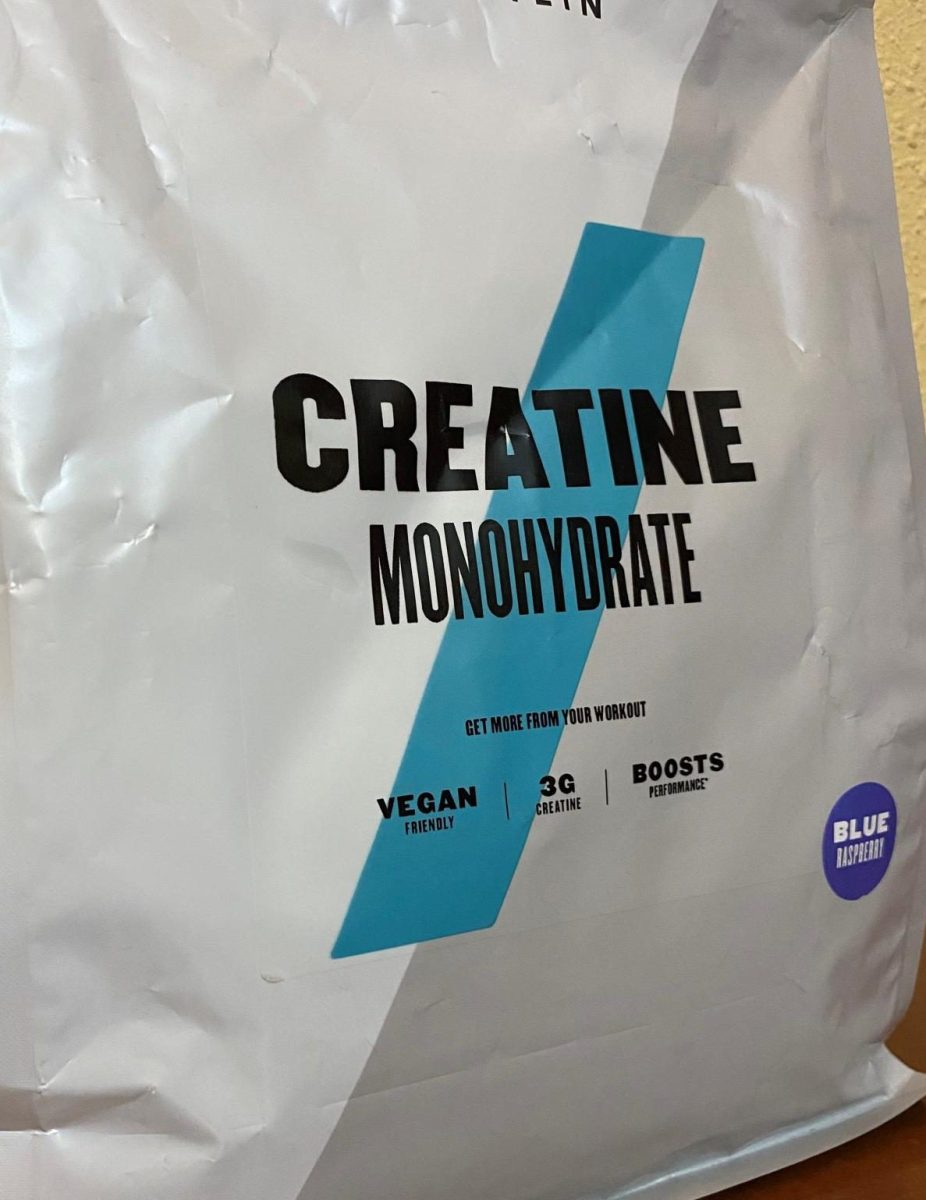Should Phys. Ed Be Necessary For Graduation?
Phys. Ed should be a staple in every school district.
September 7, 2023
Mandatory high school Physical Education (P.E.) classes would help to ease the transition into continuing with daily physical activity upon graduation by instilling good habits into students’ lives. Physical education can significantly improve students’ mental health and introduce students to a wide variety of activities.
Despite the pros of P.E., there are various persuasive reasons why the requirements are not recommended, so it’s important to look at both perspectives.
First of all, let’s look at why P.E. should be a requirement for high school students. There are many benefits of physical education in schools. Physical education can increase students’ level of physical fitness, improve their grades, and help them stay on-task in the classroom.
It’s important to note that physical education does not negatively affect students’ academic achievement. When students are participating in physical education, they can take their minds off of their seated classes and focus on their physical well-being. A lot of people would argue that physical well-being is equally important as mental well-being.
While students are focusing on their physical side in gym class, they can improve their mental health by taking a break from regular school work. It’s crucial to realize that physical activity can help students improve cardiorespiratory fitness, build strong muscles, control weight, reduce symptoms of anxiety and depression, and reduce the risk of developing health conditions like high blood pressure, obesity, and cancer. The benefits of P.E. not only affect students’ physical aspects but also substantially enhance their mental health.

Next, there is not enough focus on the full benefit of physical education. This will help further explain that schools should have mandatory P.E. time built into their curriculum if they do not already. Physical activity can have a significant impact on people of all ages, but it is particularly important for students. This is one facet of their development that shouldn’t be overlooked as students grow and develop. Also, it is good to know that thirty minutes each day of exercise can prevent health issues and diseases in future old age.
Physical education is very vital in certain school districts. Shrewsbury High School writes, “Physical Education is required for all students in every grade and must be passed each semester for graduation.” To evaluate students’ work ethics and their grade, the physical fitness levels of students are assessed each year in a ‘before’ test and ‘after’ test format. There are different grade-level stages that Shrewsbury implements in their P.E. curriculum including Adventure I, Creative Movement, Lifetime I, Team I, and so on. These stages of physical activity are all required.
Even though P.E. has proven benefits for students, the opposite side of this argument is something to consider. Physical education in high school can lose its thrill, and there’s research to back it up. According to a study by the National Physical Activity Plan, around ½ of all US high school students do not attend P.E. classes on a daily basis. In school districts that require physical education for all four years of high school, attendance decreases more and more every year from students ditching.
Think about it this way – high school athletes that participate in varsity sports might not feel like ‘capturing the flag’ for an hour. If they were able to just attend their sport(s) instead of taking physical education, it would have a serious impact on their athleticism. If students do not play a sport in high school, they clearly are not interested in sports. This can make them more likely to not participate in P.E. classes.
Still, I think P.E. should be mandatory in all high schools. I think it would be beneficial if Sutton High School implemented mandatory physical education, and it might make students motivated to exercise. Exercise doesn’t only benefit the body physically, but also improves mental health by releasing chemicals like endorphins and serotonin that improve your mood. The physical benefit of P.E. is it can reduce the risk of diseases in old age; so if you stay active at a young age, you’re at less of a risk of cardiovascular disease.
The pros of P.E. will always outweigh the cons.







































Josh Leary • Sep 25, 2023 at 9:58 am
I agree with you, I think it is important for people to contribute in a PE class at least once throughout their high school year. I also agree that it is important to stay active and fit, PE is a fun way to stay active.